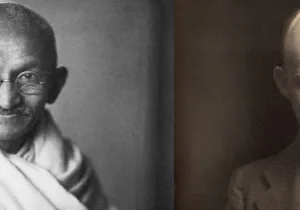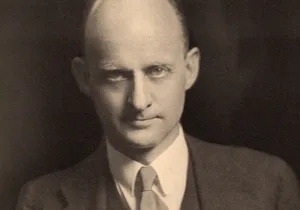The following lecture was recorded during Providence’s 2017 Christianity and National Security Conference.
Joseph Hartman, who wrote his dissertation on Reinhold Niebuhr, talks about Niebuhr’s influence as a public intellectual and outlines his views of anthropology, political theory, and the practicalities of politics. He also discusses what Niebuhr’s significance is for us today.





